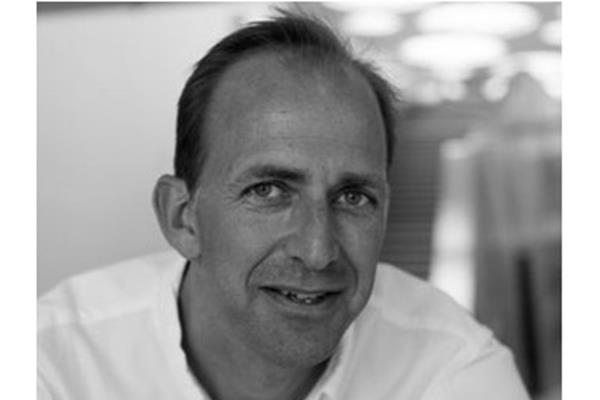
POLIMA – Center for Polariton-driven Light-Matter Interactions
Danish Institute for Advanced Study
University of Southern Denmark
Abstract:
Polaritons are hybrid particles – quasiparticles – that result from the strong interaction between light (photons) and matter (such as electrons, excitons or phonons). These quasiparticles exhibit mixed characteristics, combining features of both photons and elementary particles like electrons. Colloquially, they constitute half-light-half-matter excitations. The interaction between light and matter in polaritons leads to unique physical properties and behaviors that are now also being explored in sheets of atomically thin two-dimensional materials and in artificial nanostructures. The electrodynamics of matter and optical phenomena are commonly explored within the framework of classical electrodynamics and semiclassical models for the interactions of light with matter. Materials are commonly assumed homogenous, and light-matter interactions are treated in an intuitive local manner. The plasmonic response of metal nanostructures is one such example, where the understanding of mesoscopic electrodynamics at metal surfaces is, however, becoming increasingly important for both fundamental developments in quantum plasmonics and potential applications in emerging light-based quantum technologies. The seminar will discuss recent examples of quantum nonlocal effects that emerge in surface-polaritonic systems, including metal surfaces, 2D materials, and combinations thereof.
Biography:
Mortensen is a full professor in the Center for Polariton-driven Light-Matter Interactions (POLIMA) and a Chair of Physics in the Danish Institute for Advanced Study, both at the University of Southern Denmark. Previously, he held a full professorship (faculty since 2004) at the Technical University of Denmark (DTU). In addition to his MSc (1998) and PhD (2001) degrees from DTU, he holds higher doctoral degrees from University of Copenhagen (Dr. Scient., 2021) and DTU (Dr. Tech., 2006). He is a fellow of APS, OSA, SPIE, IOP, and European Academy of Sciences. Currently, he serves the AAAS as an associate editor for Science Advances.
- Organizer: SDU Quantum Hub
- Address: Campusvej 55, 5230 Odense M
- Contact Email: qm@sdu.dk
- Add to your calendar: https://eom.sdu.dk:443/events/ical/9ad724d6-2225-43a6-80e8-a8d15d92cf20